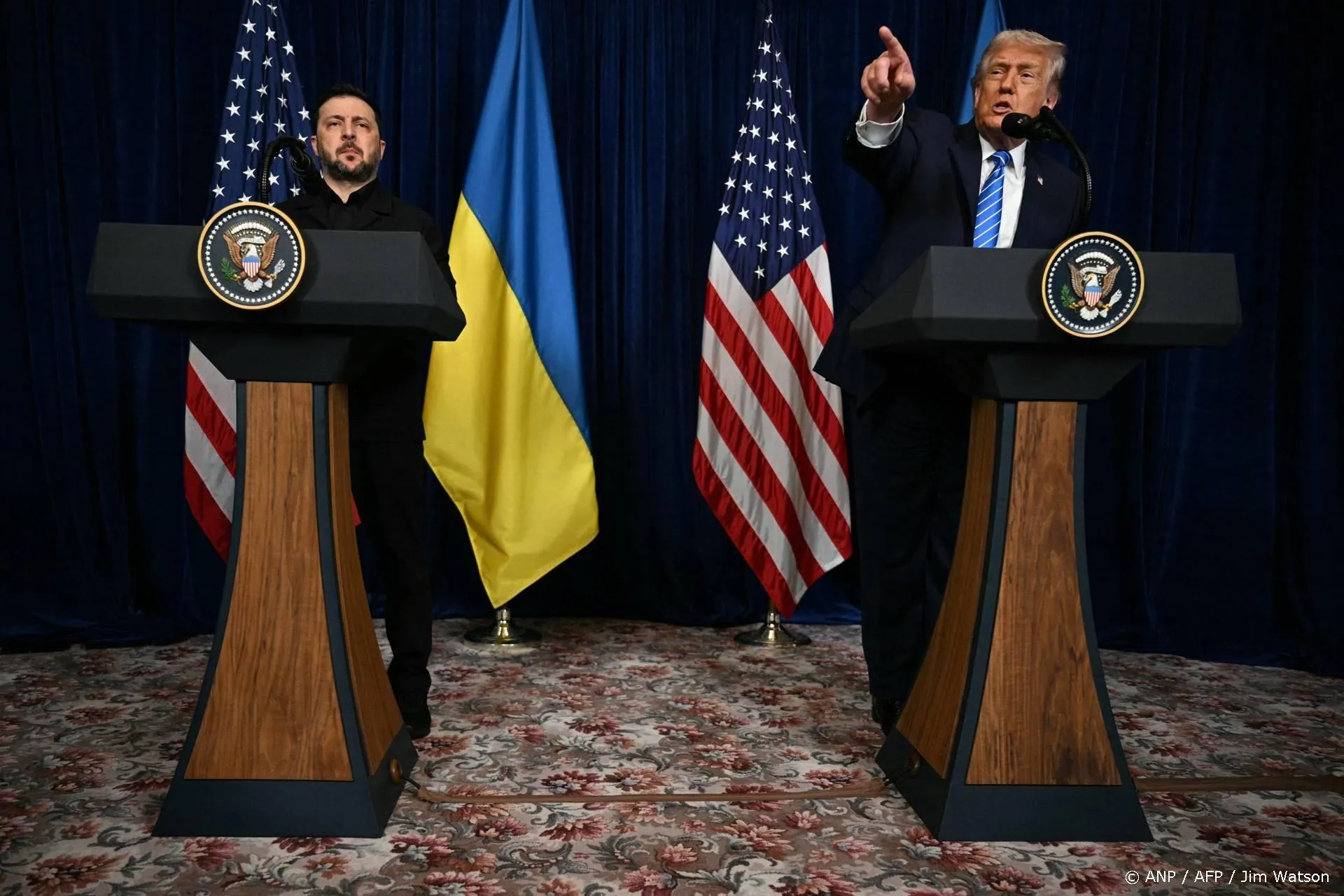Aziatische Investeringsbank – een concurrent van de Wereldbank?
VS betreurt overweldigende deelname van bondgenoten.
Onder de titel: 'Rutte: Nederland treedt toe tot Aziatische Investeringsbank', rapporteerden Oscar Garschagen en Petra de Koning onlangs in NRC HB:
Nederland stapt in de nieuwe Aziatische Infrastructuur Investeringsbank. Premier Rutte heeft vanmiddag op het Chinese eiland Hainan tegen president Xi Jinping gezegd dat de oprichting van deze door China bedachte bank een belangrijke onwikkeling is in de wereldeconomie waar Nederland graag aan wil bijdragen. “Het is een idee dat mij al in een vroeg stadium heel erg beviel”, zei Rutte na zijn gesprek met de Chinese leider. ...
Volgens Rutte is het voor Nederland belangrijk zich bij dit initiatief aan te sluiten omdat “ons land dertig procent van ons geld in het buitenland verdient en het aandeel van Azië, China in het bijzonder, steeds groter wordt.” …
De VS hebben zich vanaf het eerste moment tegen deze concurrent van de Wereldbank verzet, maar nadat twee weken geleden het Verenigd Koninkrijk als eerste Europese land aankondigde in de Chinese bank te stappen volgden snel meer landen, inmiddels ook Zuid-Korea en Australië. Vandaag kondigde in China ook Rusland aan deel te willen uitmaken van dit project.
Volgens een woordvoerder van de Chinese autoriteiten zijn de Chinese leiders enorm verrast door het grote aantal aanmeldingen uit Europa en van landen die aanvankelijk grote bedenkingen hadden. Het idee voor de AIIB vloeit voort uit grote onvrede in China, India, Indonesië en andere opkomende economieën over de machtsverhoudingen in de Wereldbank en het IMF. ...
Lees verder hier.
De 'LA Times' plaats de oprichting van de nieuwe bank vooral in het perspectief van de economische rivaliteit tussen de VS en China. Onder de titel, 'Key U.S. allies join China-led Asia infrastructure bank', schreven Don Lee and Jonathan Kaiman:
U.S. allies, including Britain and S. Korea, are lining up behind the Asia Infrastructure Investment Bank.
New China-led infrastructure bank will most directly compete with the World Bank, which also funds projects.
Washington fears that Beijing will use the new Asia infrastructure bank to assert itself as a global player.
As economic leaders gather here this week for meetings of the International Monetary Fund and the World Bank, China is set to kick off a rival infrastructure development lender that promises to shake up the traditional American-led global financial order..
Beijing on Wednesday is officially announcing the founding members of its Asia Infrastructure Investment Bank, which will use initial capital of $50 billion — and eventually $100 billion — to invest in roads, cellphone towers, railways, airports and other infrastructure projects across Asia.
Experts said the new China-led bank could offer much-needed relief to a region that will need an estimated $8 trillion in infrastructure investment by 2020, far more than the World Bank or the Japan-led Asian Development Bank can provide.
But the U.S. has lobbied against the new institution, and to the surprise and embarrassment of the Obama administration, the list of participating nations includes nearly every major economy, except for the U.S. and Japan.
In a geopolitical coup for China, even stalwart American allies such as Britain, Australia and South Korea are lining up to join the new institution, first proposed by Chinese President Xi Jinping in October 2013. ...
U.S. officials have voiced concerns about whether the new institution will abide by rigorous international standards on banking, labor and the environment. But Washington also fears that Beijing will use the bank to assert itself as a global player and diminish U.S. influence in Asia and elsewhere.
"The question from the beginning is: Will this bank be an arm of China's foreign policy and strategy, or will this be an international bank? This remains to be seen," said Bonnie Glaser, a senior advisor for Asia at the Center for Strategic and International Studies and a consultant on China for the U.S. government.
"This is certainly a piece of evidence that the U.S. imprimatur is not necessary for other countries to become involved in projects that are being initiated by China," she said. ….
The spat over the China-led bank is just one of several rivalries between the U.S. and China as each nation jockeys for economic and political influence over the fast-growing Asia-Pacific region. ...
Lees verder hier.
In 'The New York Times' analyseerde Eduardo Porter de oprichting van de Aziatische investeringsbank vanuit een geheel andere invalshoek, namelijk de onvrede van de ontwikkelingslanden met het milieubeleid van het Westen dat hen toegang tot betaalbare energie ontzegt.
Onder de titel, 'A Call to Look Past Sustainable Development', schreef hij:
American diplomats are upset that dozens of countries — including Nepal, Cambodia and Bangladesh — have flocked to join China’s new infrastructure investment bank, a potential rival to the World Bank and other financial institutions backed by the United States.
The reason for the defiance is not hard to find: The West’s environmental priorities are blocking their access to energy.
A typical American consumes, on average, about 13,000 kilowatt-hours of electricity a year. The citizens of poor countries — including Nepalis, Cambodians and Bangladeshis — may not aspire to that level of use, which includes a great deal of waste. But they would appreciate assistance from developed nations, and the financial institutions they control, to build up the kind of energy infrastructure that could deliver the comfort and abundance that Americans and Europeans enjoy.
The world’s poorest countries consume only a fraction of the energy used in advanced economies. ...
The United States relies on coal, natural gas, hydroelectric and nuclear power for about 95 percent of its electricity, said Todd Moss, from the Center for Global Development. “Yet we place major restrictions on financing all four of these sources of power overseas.”
This conflict is not merely playing out in the strategic maneuvering of the United States and China as they engage in a struggle for influence on the global stage.
Of far greater consequence is the way the West’s environmental agenda undermines the very goals it professes to achieve and threatens to advance devastating climate change rather than retard it. ….
If billions of impoverished humans are not offered a shot at genuine development, the environment will not be saved. And that requires not just help in financing low-carbon energy sources, but also a lot of new energy, period. Offering a solar panel for every thatched roof is not going to cut it.
“We shouldn’t be talking about 10 villages that got power for a light bulb,” said Joyashree Roy, a professor of economics at Jadavpur University in India who was among the leaders of the Intergovernmental Panel on Climate Change that won the 2007 Nobel Peace Prize.
“What we should be talking about,” she said, “is how the village got a power connection for a cold storage facility or an industrial park.” ...
Lees verder hier.
Voor mijn eerdere DDS-bijdragen zie hier.
Ga verder met lezen
Dit vind je misschien ook leuk
Laat mensen jouw mening weten
Lees ook
Loading


